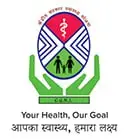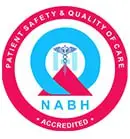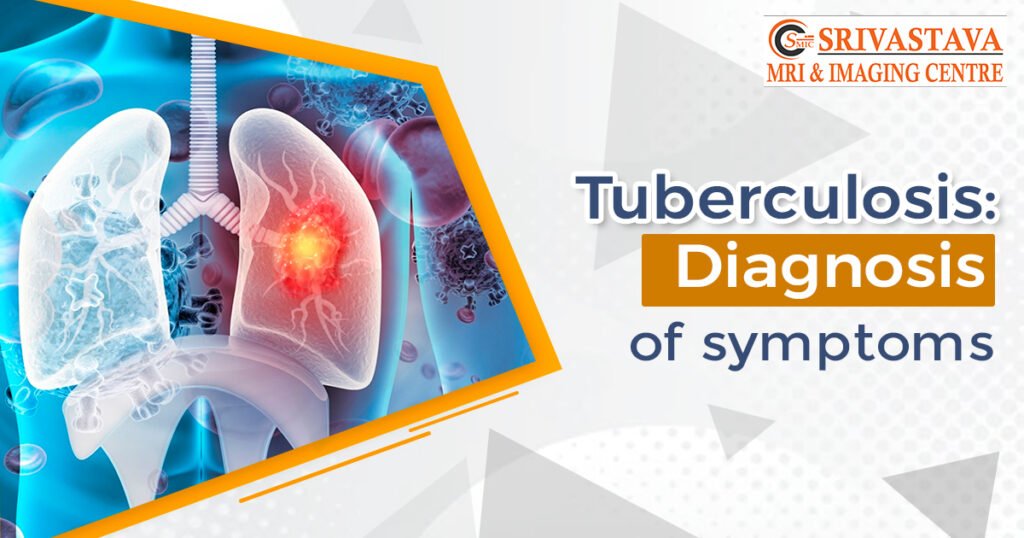Tuberculosis or TB can affect various parts of the body. However, the most common type of TB occurs in the lungs. TB can also spread from one person to another through cough and sneezing. When the TB bacteria reach the lungs through the breath, it multiplies and damages the lungs. Although the body’s immunity prevents it from growing, as the immunity weakens, the risk of TB increases.
The risk of tuberculosis is highest for those people who already have a major disease like AIDS or diabetes and weak immunity.
Symptoms
Tuberculosis usually affects the lungs and the symptoms include:
1. Cough for more than three weeks
2. Breathlessness
3. Shortness of breath
4. Fever during the evening
5. Severe chest pain
6. Sudden weight loss
7. Loss of appetite
8. Bleeding with mucus
9. Lung infection
10. Persistent cough
11. Unexplained fatigue
12. Fever
If tuberculosis has also affected the small glands, bones and joints, the digestive system, the bladder, and reproductive system, and the brain and nerves (nervous system), the following symptoms may occur:
1. Paralysis
2. Abdominal pain
3. Swelling of the glands
4. Diarrhea
5. Back or lower back stiffness
6. Pain and loss of function in the affected bone
7. A persisting headache
8. Coma or unconsciousness
9. Seizure
Diagnosis
Consult a doctor immediately if you have a cough for more than two weeks. During the diagnosis of tuberculosis, the doctor can examine you in many ways, the physical examination will be done first. During the physical exam, the doctor will check for swollen lymph nodes and listen to the sounds of your lungs when you breathe using a stethoscope. Apart from this, he will order some lab tests like:
Blood tests
Blood tests may confirm inactive or active TB or may not. These tests measure your immune system’s response to TB bacteria.
Imagine test
A chest X-ray or CT scan may show white patches in your lungs or it may reveal changes in your lungs caused by active tuberculosis.
Sputum tests
If your chest X-ray shows signs of tuberculosis, your doctor may take samples of your sputum – the mucus that comes up when you cough. The samples are tested for TB bacteria.
Treatment
If you have inactive TB, your doctor may recommend treatment with medicine. If you are at high risk of developing active TB, you must take antibiotics for at least six to nine months. The exact medications and duration of treatment depend on your age, overall health, potential drug resistance, and the location of the infection in your body.
At Srivastava MRI and Imaging Centre which is the Best X-ray Centre in Okhla, We are dedicated to the diagnosis of chronic and acute conditions and diseases. We will help you take the right decision at the right time and to improve the quality of your life, with our world-class pathological services.



